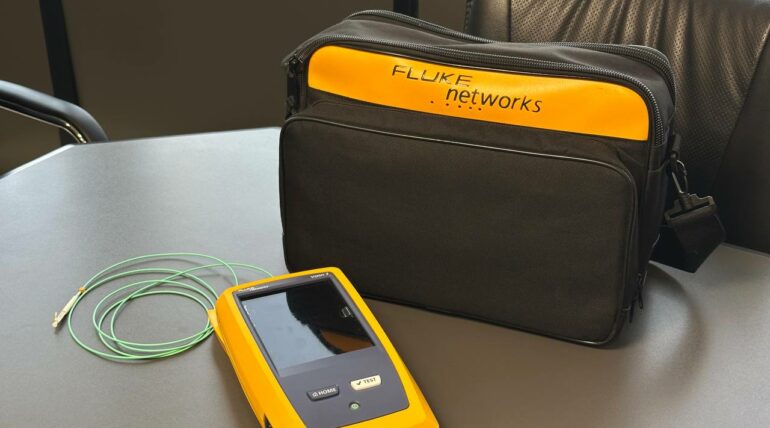
For professionals working in the electrical, electronics, and telecommunications industries, the accuracy and reliability of their measuring instruments are essential. One of the most recognized brands in this field is Fluke. Engineers and technicians around the world use Fluke testing to ensure that their systems are working properly.
So what is a Fluke test and what is it used for?
What is a Fluke test?
Fluke testing is a measurement process performed with professional test equipment manufactured by Fluke for the inspection, diagnosis, and measurement of electrical, electronic, network, and telecommunications systems.
These tests are carried out to confirm that devices and systems are operating in accordance with international standards, to detect malfunctions, and to prevent future problems.
Main application areas of Fluke testing
Fluke testers are widely used in many technical fields:
- Electrical systems inspection
- Measurement of voltage, current, resistance and other electrical parameters
- Inspection of electrical panels and power distribution systems
- Telecommunications and network tests
- Certification of Ethernet cables (CAT5e, CAT6, CAT6a, etc.)
- Fiber optic line inspection and signal quality measurement
- Network performance tests and fault diagnostics
- Technical inspection of industrial equipment
- Electrical safety inspections on production equipment
- Detection of energy leaks through thermal imaging (with a thermal camera)
- Energy efficiency and safety inspections
- Energy consumption analysis
- Checking insulation resistance in equipment
Advantages of Fluke testing
- High accuracy. Fluke instruments provide accurate measurements that meet industry standards.
- Reliability. Stable results even in difficult working conditions.
- Compliance with standards. Possibility of certification according to ISO, IEC and other international standards.
- Time saving. Shorter maintenance times thanks to faster fault detection.
In what cases is Fluke testing important?
- When new network infrastructure is being built and before it is put into use
- When performance problems are observed in the existing system
- When a certificate of compliance with international standards is required
- As a preventive measure during regular maintenance
For example, after installing network cables in a new office building, a Fluke test confirms that all lines are properly connected, there is no signal loss, and they comply with cable standards. This prevents future internet and network problems.
Benefits of Fluke testing for business
- Reduces the risk of problems. Malfunctions are detected at an early stage.
- Increases safety. The electrical and network infrastructure is operating safely.
- Prevents work interruptions. Unplanned downtime is reduced.
- Strengthens customer trust. Certified results provide customers with a quality guarantee.
Fluke testing is not just a technical procedure, but also an important step in ensuring the continuity and safety of your business. Fluke test results are a valuable source of information for you.
Remember, the best way to troubleshoot technical issues is to detect them early, and Fluke testing is the ideal tool for that. To learn more about network infrastructure, visit “Network Quality Control with Fluke TestYou can also read our blog post.
If you need Fluke testing services or want to certify your existing infrastructure to international standards, contact us now. contact us and get the most accurate results from our professional team.
SEE MORE: What is a phishing attack and how can employees protect themselves from this threat?
